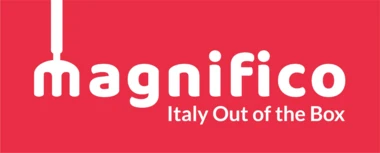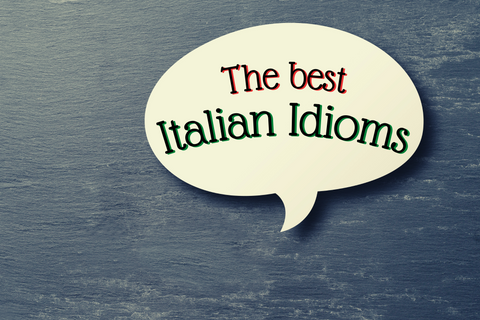The most musical of all idioms
The Italian language is like music to the ears! Ok, maybe we say that because we are biased, but one thing is undeniable: this language is certainly one of the most fascinating in the world. Come on, we still invented the word "amore!" Did you know that Italian is the fourth most studied language in US colleges and high schools? Here is a shortlist of 5 charming Italian words that will make you fall in love with "Belpaese" (Italy's nickname, literally the beautiful country).
Mamma mia!
This is a timeless classic. Let's face it...all over the world, we are mocked for this funny exclamation. Mamma mia! Literally, the translation is: "oh mother of mine," but it means, "Oh my goodness! oh my God!". When to use it? The answer is straightforward: always! When you are overwhelmed by joy, when you are surprised or excited, you can say it. It is also perfect if you are scared, disgusted, or skeptical about something.
Allora
You may have heard it pronounced a billion times by your Italian friends. You can use and listen to it just about any time: half of the sentences start with a redundant "allora."
It means "then, so," but in reality, it is an all-Italian obsession and has no English equivalent.
Boh!
This is a funny one. It means "I don't know, no clue." It is not a real word; it is more an onomatopoeic expression: you cannot use it in a formal context (if you used it in an official situation, you would come across as extremely rude, inelegant). Pro tips: use it with classic Italian body language! You can furrow your brow or raise of shoulders.
Eh!
Speaking about an onomatopoeic word, another Italian favorite is "eh!". We challenge you not to hear a "eh" in every single street conversation. It is really one of the most multipurpose words. It communicates both understanding or incredulity.
Apericena
This is one of our favorite words ever! It is a recent neologism and means that magic and wonderful time before dinner when you enjoy drinks, small bites, and happy company. It combines two words: aperitivo (aperitif) and cena (dinner). It has been formally welcomed into the pages of the official Italian dictionary in the late 2010s. Before the Covid-era, usually, apericena was served as a buffet, with finger food and small bites like mini pizzas, cheese, salads, vegetables, pasta end frites. Apericena or Aperitivo? While aperitivo is more about drinks and small snacks, apericena welcomes more food. Both, of course, are very social moments.



